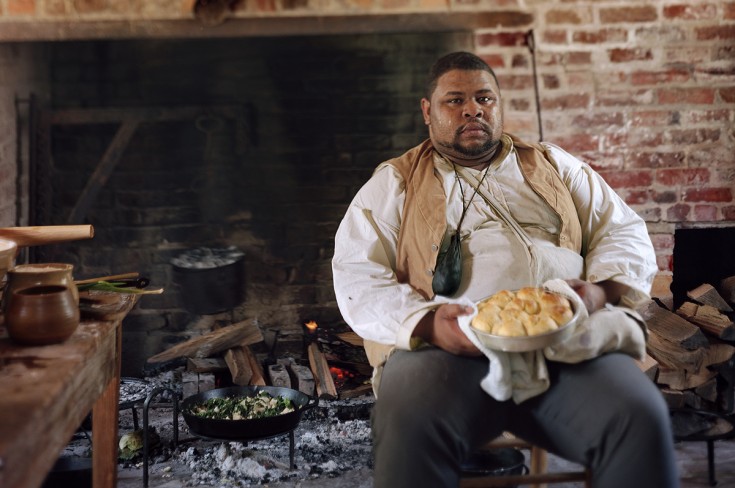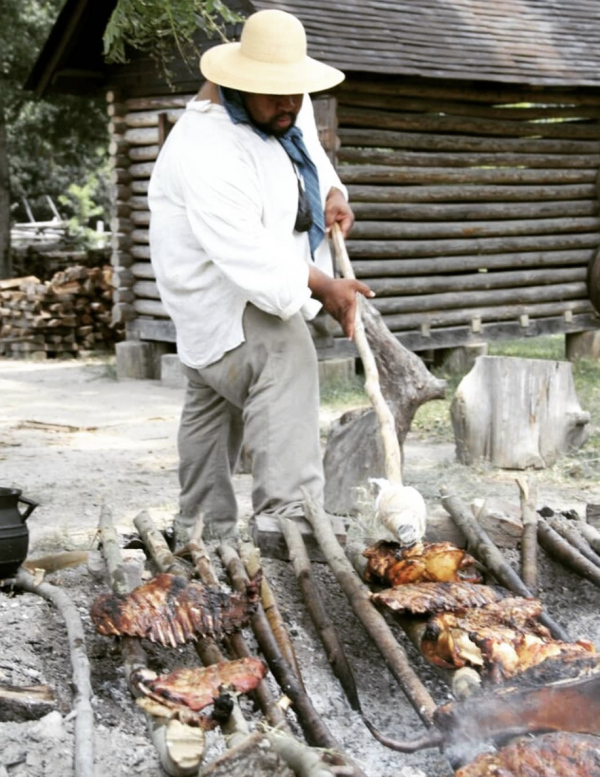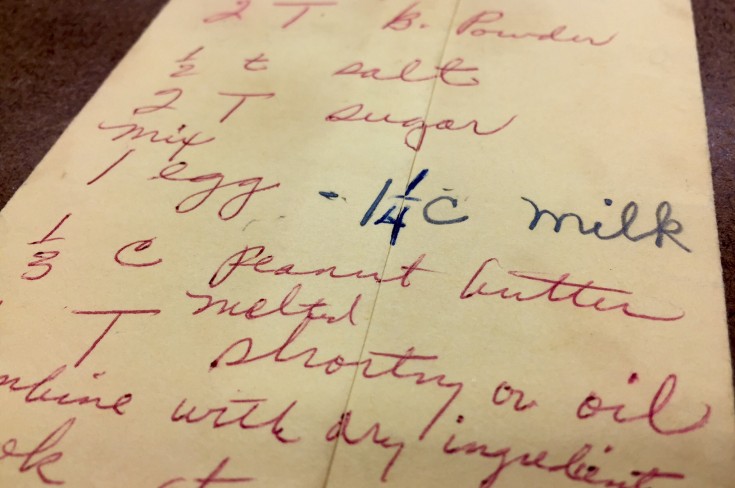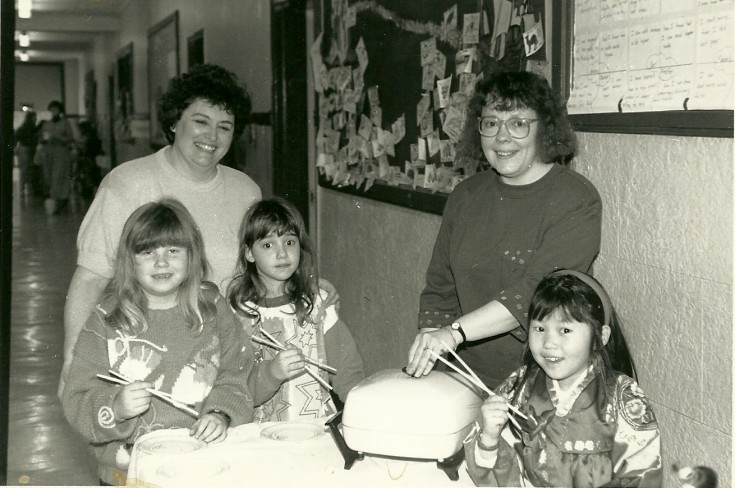
This week's episode of The Sporkful podcast is up! Listen through the player or iTunes/Podcasts app. (And please subscribe!)
BBQ is America’s culinary national pastime.
Whole books have been written about it, food writers criss-cross the country looking for the best places, and people wait hours to eat at the most famous spots.
But how many of us know that southern BBQ has its roots in Africa?
This week on The Sporkful, culinary historian Michael Twitty (above) helps us trace the path BBQ and so many other southern foods have traveled from West Africa to the American south -- via the slave trade.
"They call [BBQ] suya in West Africa," Michael says. "Suya, dibi, and piri piri are all little parts of what we would consider the barbecuing system in the [American] south."
In his recent book The Cooking Gene, which won the James Beard Award for Book Of The Year, Michael tells the story how enslaved cooks in plantation kitchens created southern cuisine.
But as we learn, Michael’s journey in the book is also personal. He uses historical documents and DNA testing to search for his own roots in West Africa -- where his ancestors had first learned to stew beans, roast meats and simmer greens.
"It's the never ending story of the consistency despite all of the suppression," he says. "The old traditions just keep going."
And the BBQ journey doesn’t stop there.
In the 1920s, African Americans began leaving the Jim Crow south and moving north in huge numbers, looking for better jobs. This period became known as the Great Migration.
As they moved north, they brought the foods they created in the south with them. And they continued to adapt those foods to local tastes, and climates.
That’s how we ended up with a very specific type of barbecue that only exists on the south side of Chicago:
"You had the [pork] rib tips that were being discarded," says Garry Kennebrew (below). "The old timers were savvy enough to take [those rib tips], that other folks looked at as scrap, and turn that into revenue. ... That's part of the history of being black."
Garry is the pitmaster at Uncle John's BBQ in Homewood, IL (just south of Chicago). His specialty is Chicago-style BBQ (below) -- a regional BBQ that was created when African Americans moved north to find jobs in Chicago.
In fact, Garry is originally from Alabama, and he moved to Chicago with his family, when he was nine.
"Alabama will always be my home," Garry says. "[But] I have grown to like Chicago."
Listen in to the full episode to learn how the racial divide between Chicago's north and south sides has created what food writer Kevin Pang calls Chicago's BBQ divide.
And Garry and Dan share their personal experiences navigating that divide.
Interstitial music in this episode by Black Label Music:
- "Pong" by Kenneth J. Brahmstedt
- "Karla's Melody" by Karla Dietmeyer and Olivia Ann Diercks
- "Incidentally" by Kenneth J. Brahmstedt
- "Can You Dig It" by Cullen Fitzpatrick
- "Rooftop Instrumental" by Erick Anderson
Photos: Dan Pashman and courtesy of Michael Twitty





